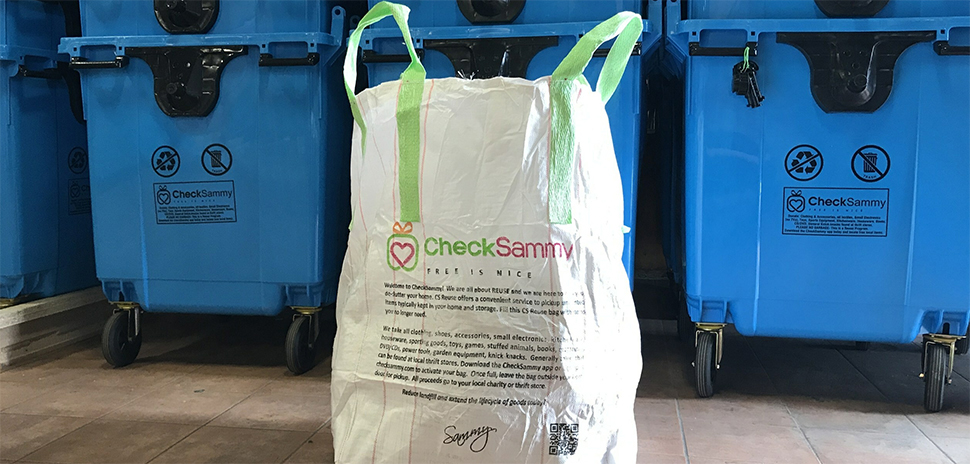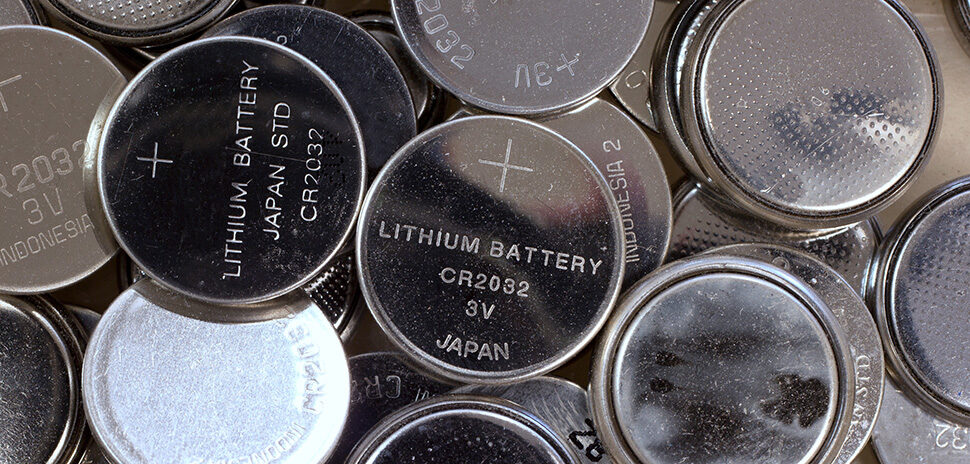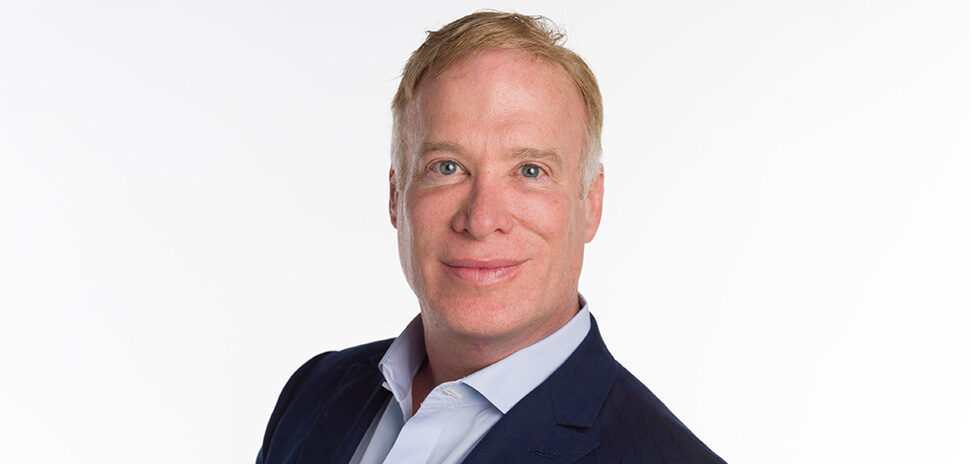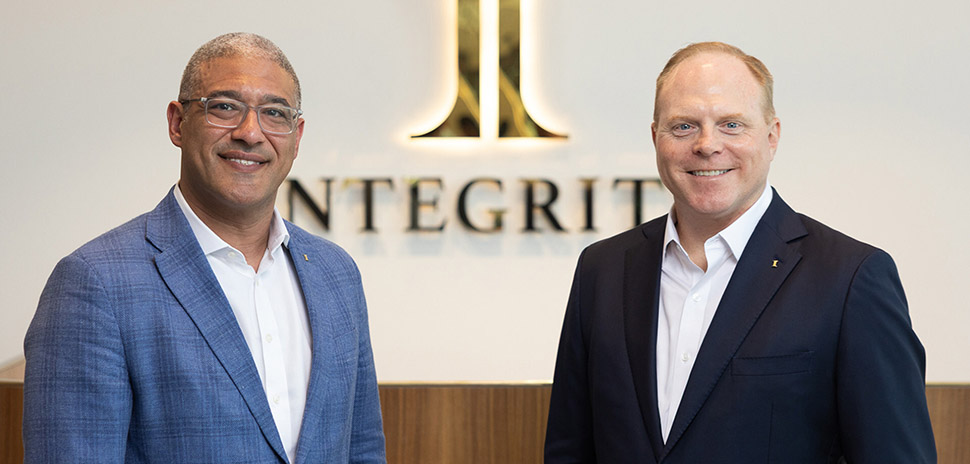CheckSammy, North America’s largest sustainability operator, announced that its new “Drop” program is making it easier for municipalities, businesses and consumers to navigate textile recycling.
The Canadian company has its U.S. headquarters in Dallas.
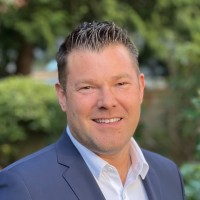
Sam Scoten, co-founder and CEO of CheckSammy
“We’ve spent the past four years supporting retailers and other industries across North America through the growing issue of textile recycling to help alleviate illegal dumping and save our landfills,” CheckSammy CEO and co-founder Sam Scoten said in a statement. “However, we continue to hear large retailers today ask what, if any, solutions exist when they’re juggling extra inventory they can’t sell or throw away.”
“The most important thing to know is that there are options,” Scoten added. “From recycling mannequins to debranding clothing, or converting denim into teddy bears for a nonprofit organization, we’re constantly finding new ways to recycle and reuse commonly-discarded materials and provide reporting to support ESG improvements.”
Drop program unveiled at Aspen Ideas: Climate conference
Introduced this month at the Aspen Ideas: Climate conference in Miami, the Drop program simplifies textile waste by allowing clothing retailers, manufacturers, and even multifamily apartment communities to deploy drop bags or bins and schedule one-time or recurring pick-ups, the company said.
CheckSammy will then consolidate and redirect collected material to a more sustainable and measurable outcome.
Reducing waste from second largest polluter
More than 17 million tons of textiles go to landfills every year but nearly 95% of all textiles are reusable or recyclable, CheckSammy said.
The clothing and textile industry is the second largest polluter in the world, the company noted, and growing concerns have inspired states and municipalities to introduce new legislation to mitigate waste.
Bulk and textile waste isn’t serviced by everyday waste service providers, CheckSammy said, and states are now establishing regulations on where these materials can go.
The California legislature, for example, is proposing a senate bill requiring producers to implement and fund a producer responsibility program to enhance recycling and increase the reuse of textiles. Massachusetts recently banned clothing and fabric from trash cans, the company said.
Finding responsible solutions
CheckSammy was launched in 2018 and offers an efficient, same-day collection of bulk and complex materials such as textiles, to complement customers’ regular waste service providers.
Its recycling industry expertise and its database of more than 25,000 local haulers allow CheckSammy to determine the most financially and environmentally responsible solutions for each load.
CheckSammy’s customers get detailed reports on how much of their waste is redirected from landfills and how it is being recycled, which they can promote to their consumers.
“We’ve already done the work to navigate the complexity and find responsible solutions for retailers and other textile-heavy industries like hospitality and healthcare,” Paul Botelho, co-founder and chief technology officer, said in a statement. “Our inspiration for launching CheckSammy Drop is to be the easy click or call when the solution doesn’t seem clear. Many organizations promote the steps they take to offer recycled shopping bags or sustainable stock goods. However, there’s still a significant opportunity to showcase to employees and customers the specific ways textiles and other goods are being diverted from landfill.”
![]()
Get on the list.
Dallas Innovates, every day.
Sign up to keep your eye on what’s new and next in Dallas-Fort Worth, every day.

